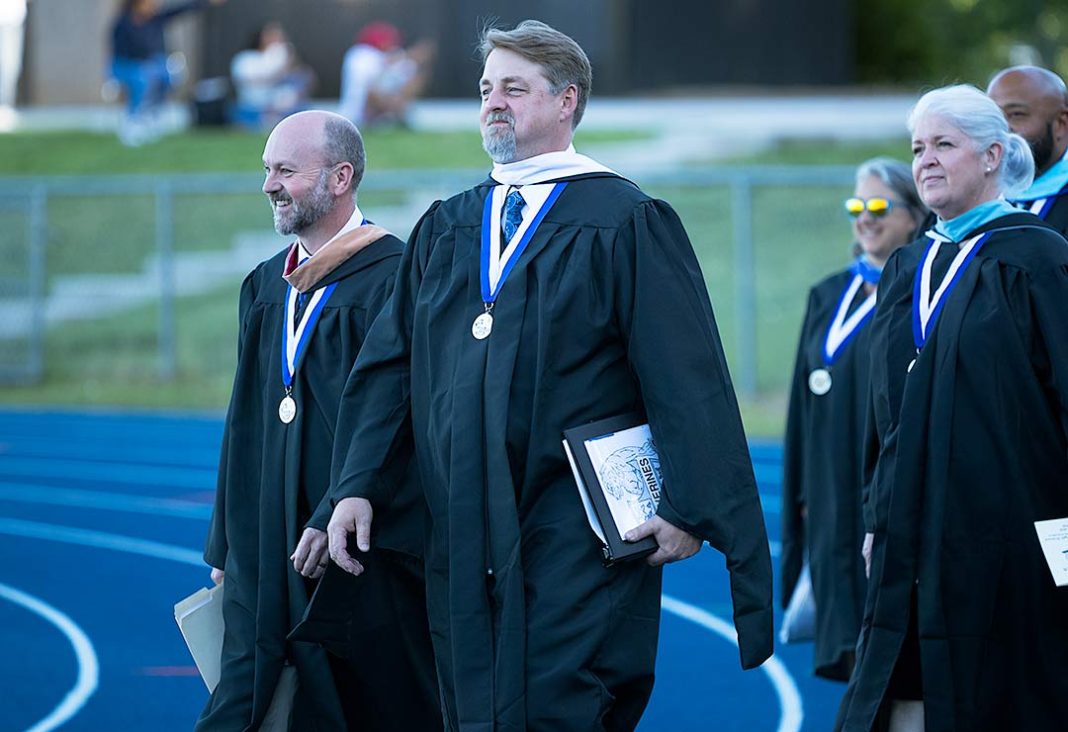TFAC, TLT history corrected
Published 8:05 pm Thursday, July 8, 2010
To the Editor:
Through the years, Ive noted various evolutions and permutations of the histories of local institutions without becoming concerned as long as there were still a number of people around who knew the facts firsthand. Well, those numbers are dwindling!
Today I read the article in the Tryon Daily Bulletin about Tryon Little Theaters search for a new home.&bsp; I received the June 6 letter from TLT, from which the article was drawn, and made note of errors.&bsp; Since space is limited, I will address only the errors that appeared in the article.
There was no such group as Players Fortnightly. Drama Fortnightly was a club that read plays every two weeks (eventually reading in costume in front of small audiences) which existed from about 1920 to 1938. &bsp;
Tryon Little Theater was organized in 1948 as Tryon Little Theater.
Black Box theater is experimental theater.&bsp; TLT probably intends to build a small theater perhaps in the style of a typical black box theater which might inspire an occasional experiment.
TLT did not sell The Barn in 1964 and there was no such organization as Tryon Music Associates.&bsp; On September 3, 1964, representatives from Tryon Little Theater, Tryon Concert Association (nee Mutual Concert Association), Tryon Crafts, the Tryon Chamber of Commerce, and three people at large met at the home of TLT President Fanning Hearon.
James Black agreed to chair the Tryon Fine Arts Center fund drive whose mission was to match Violet Parish-Watsons oft-misunderstood bequest and then raise enough to build the facility she had envisioned. &bsp;
A TFAC project steering committee was named and money began to roll in, largely through the efforts of John Landrum and James Black who approached individuals willing to give $10,000 each and become founders of TFAC.
About six months later (March 4, 1965), the directors of Tryon Little Theater voted to sell The Barn and contribute these funds and other cash and pledges to the TFAC project. &bsp;
As Fanning Hearon wrote in TFACs first seasons program, We had lost our First Love, but found another – not one we could touch and feel, but [one] with more promise.
I feel overwhelmed knowing that erroneous sources (that dont even match each other) have served as sources themselves over the years. &bsp;
I doubt that addressing those errors now will make much difference, but I feel I owe it to those who were there working together and realizing many shared visions for this community.
Rita E. Landrum





